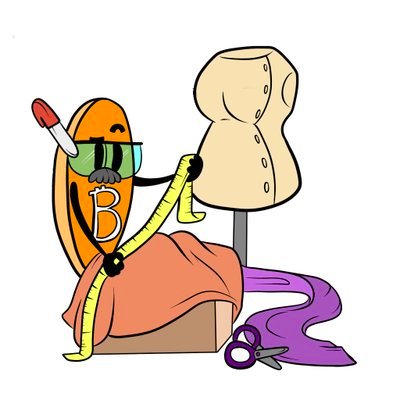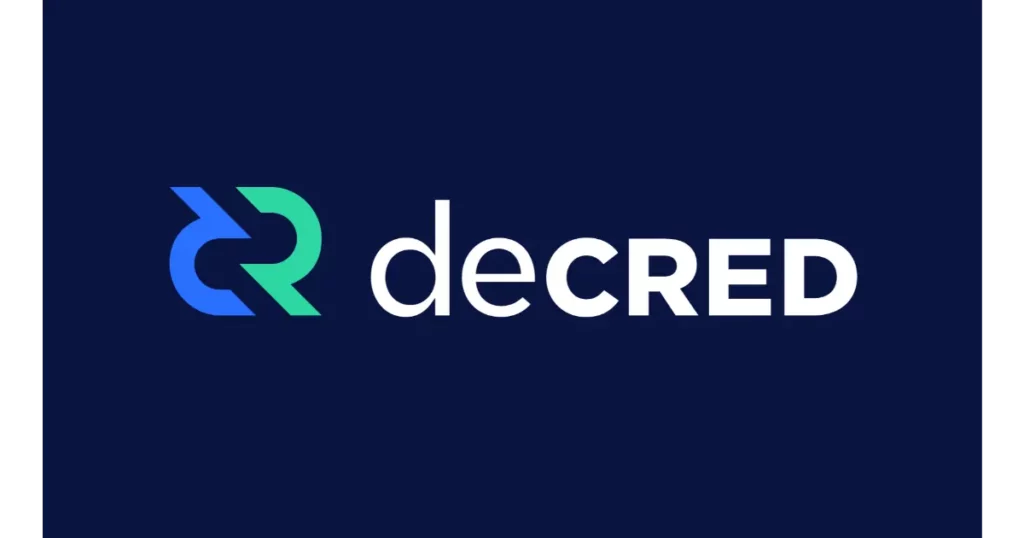No products in the cart.
Blog
15 Intriguing Facts About Decred DCR
Decred (DCR) is a unique cryptocurrency project that aims to address one of the most significant challenges faced by decentralized cryptocurrencies – governance by the community.
In this article, we’ll delve into 10 intriguing facts about Decred DCR, its hybrid consensus mechanism, features, and more.
Decred (DCR) is a cryptocurrency that was launched in February 2016 by a group of developers led by Jake Yocom-Piatt. It is designed to be a community-driven digital currency that places a strong emphasis on decentralized governance and decision-making. Decred aims to address some of the perceived shortcomings of other cryptocurrencies, such as Bitcoin.
21 Million Coin Cap
Decred, similar to Bitcoin’s ethos, is bound by a finite supply of 21 million coins. This deliberate limitation mirrors the economic principles underpinning cryptocurrency. The cap instills a deflationary mechanism, fostering a climate where scarcity potentially propels demand and, subsequently, the coin’s value. This strategic decision reflects a commitment to long-term stability and aligns with the broader philosophy of digital currencies.
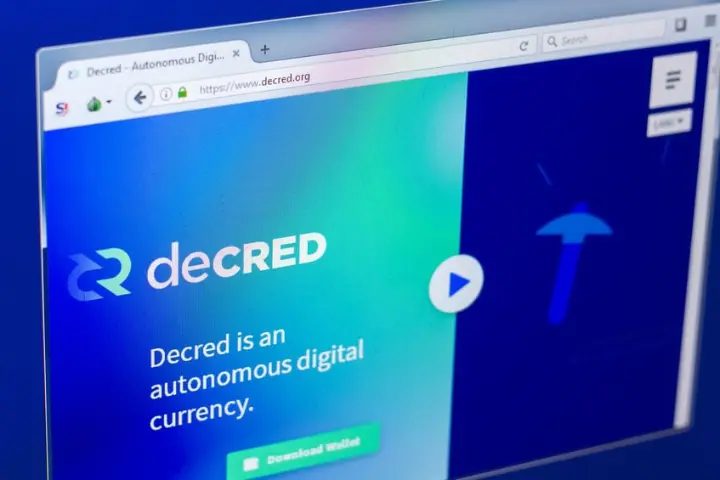
10% of Block Rewards for Development
Decred breaks new ground in sustainable funding by allocating 10% of all block rewards to a treasury, a financial reservoir dedicated to ongoing project development.
Unlike many projects dependent on external funding, Decred’s treasury ensures a consistent stream of resources, underscoring a commitment to longevity and adaptability in the volatile crypto landscape. This unique financial model not only distinguishes Decred but also positions it as a pioneer in fostering community-driven and financially self-sufficient blockchain development.
Stakeholder Voting Power
Decred’s governance innovation empowers stakeholders through a Proof-of-Stake (PoS) system, where each DCR coin represents a voting right. This democratic approach ensures that decisions are not concentrated in the hands of a few, mitigating centralization risks.
Stakeholders actively shape the project’s trajectory, fostering a sense of ownership and community engagement. This inclusive governance structure not only enhances decentralization but also positions Decred as a project responsive to the diverse needs of its user base.
Hybrid Consensus System
Decred distinguishes itself with a hybrid consensus mechanism that combines Proof-of-Work (PoW) and Proof-of-Stake (PoS). This synergy addresses the shortcomings of individual systems, offering enhanced security, decentralization, and resistance to 51% attacks.
PoW ensures the integrity of the blockchain, while PoS enables stakeholders to actively participate in decision-making. This hybrid model positions Decred as a dynamic and resilient blockchain project, capable of adapting to evolving challenges in the ever-changing crypto landscape.
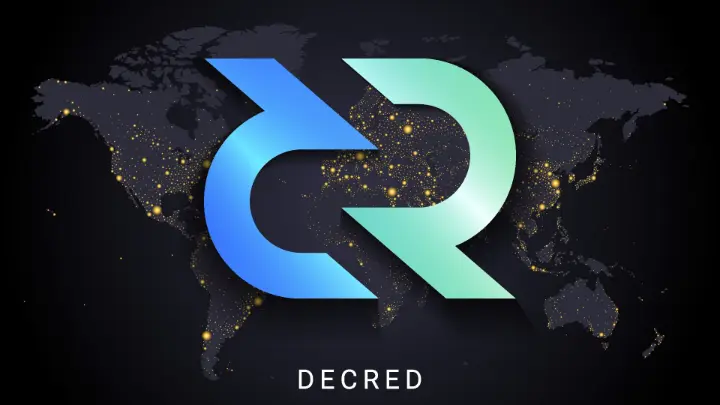
Cross-Chain Atomic Swaps
Decred stands at the forefront of interoperability by supporting cross-chain atomic swaps. This groundbreaking feature allows users to exchange DCR directly with other cryptocurrencies without relying on intermediaries.
By enabling trustless and seamless transactions across different blockchains, Decred contributes to the vision of a decentralized and interconnected financial ecosystem. The implementation of cross-chain atomic swaps not only enhances user flexibility but also underscores Decred’s commitment to pushing the boundaries of what’s possible in the cryptocurrency space.
Enabling 60% Consensus for Community Governance
Decred’s unique governance system, aptly named Politeia, stands as a cornerstone of its commitment to decentralized decision-making. At the heart of this system lies the fundamental principle that community participation is paramount.
With Politeia, any member of the Decred community has the opportunity to propose and openly discuss governance initiatives. This transparency is not just a buzzword; it’s a foundational element of Decred’s ethos.
For a proposal to be approved and implemented, it must garner the support of at least 60% of the community’s votes. This 60% consensus threshold ensures that decisions are not made unilaterally by a centralized authority but rather reflect the collective will of Decred’s diverse and engaged community.
8% Yearly Staking Rewards
Stakeholders actively engaging in Decred’s Proof-of-Stake (PoS) system are rewarded with an annualized return of approximately 8%. This incentivizes users to lock up their DCR, contributing to the security and stability of the network.
The predictable and attractive staking rewards not only encourage participation but also align with Decred’s commitment to creating a fair and inclusive ecosystem where stakeholders are duly recognized for their contributions.
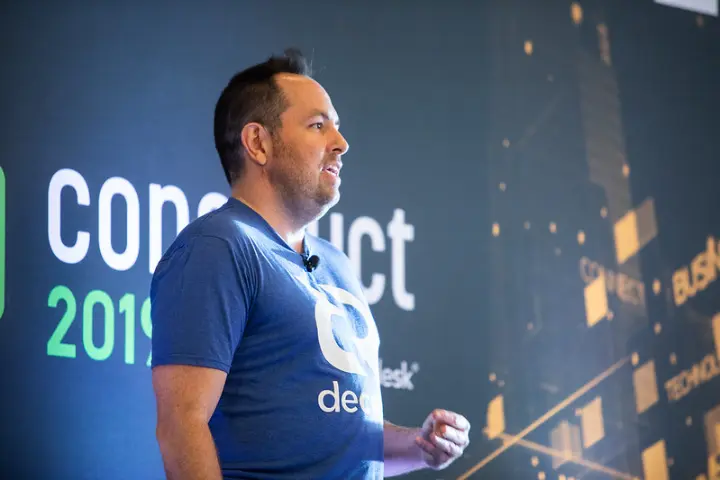
Inclusive Decision-Making
Decred champions an inclusive decision-making process through its Politeia platform. With the ability for community members to propose and vote on changes, the platform supports 21 active proposals at any given time.
This democratic approach ensures that a broad spectrum of voices is heard, fostering a sense of shared ownership among participants. The commitment to inclusive governance positions Decred as a project where the community actively shapes its trajectory.
Reduced Block Time
Decred boasts a 5-minute block time, a significant improvement over Bitcoin’s 10-minute block time. This quicker block generation enhances transaction speed, reducing confirmation times and contributing to a more responsive and efficient network.
The reduced block time aligns with the project’s commitment to providing a seamless and user-friendly experience, a crucial factor in promoting widespread adoption.
20 Tickets Randomly Distributed for Decred’s Ticket-Based Staking
Decred’s innovative Proof of Stake (PoS) mechanism stands as a testament to its commitment to decentralized governance and community engagement. At the heart of this system lies the concept of ticket-based staking, a mechanism that not only secures the network but also empowers its stakeholders.
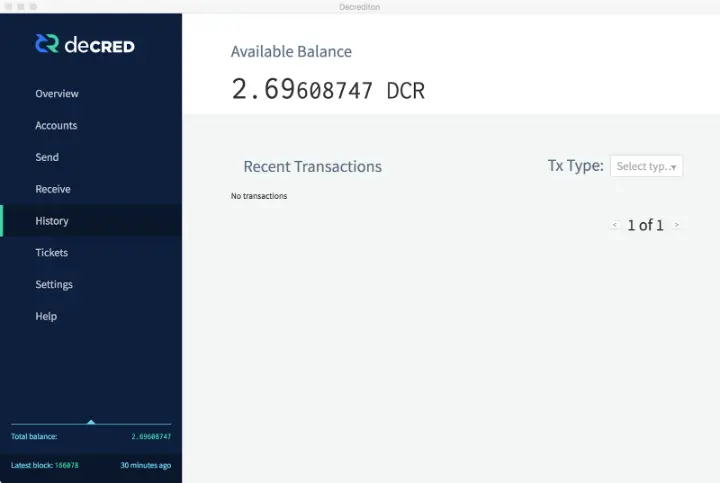
With every block confirmation, a remarkable event unfolds – the random distribution of 20 tickets among the pool of dedicated stakeholders. These tickets grant holders a unique opportunity to participate in the crucial process of voting on proposed network developments, ensuring that Decred’s future remains in the hands of those who care about its growth and sustainability.
75% PoW and 25% PoS Reward Split
Decred’s hybrid consensus system allocates block rewards with a 75% share going to Proof-of-Work (PoW) miners and a 25% share to Proof-of-Stake (PoS) stakeholders.
This balanced distribution ensures that both consensus mechanisms are adequately incentivized, promoting a harmonious and secure network. The equitable reward split reinforces the collaborative nature of Decred’s hybrid consensus, where both mining and staking play integral roles in sustaining the network.
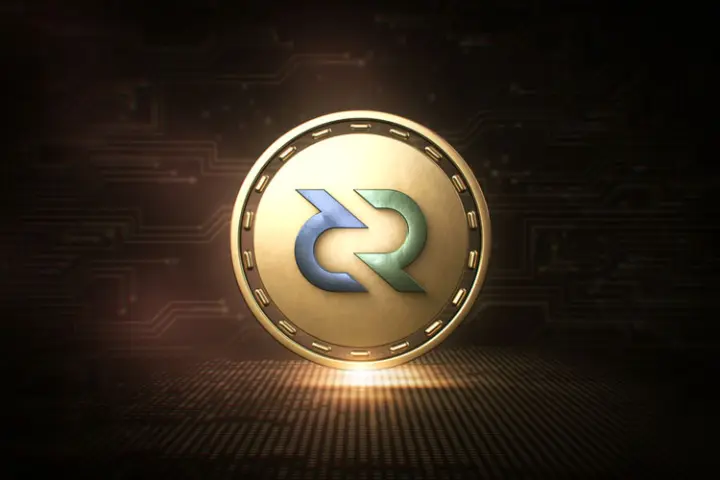
Over 35 Years of Combined Experience
With a remarkable legacy of over 35 years of combined experience, Decred stands out as a pioneering force in the world of cryptocurrency. At the helm of this innovative project is CEO Jake Yocom-Piatt, a seasoned leader with more than a decade of invaluable experience in open-source software development. His visionary leadership and unwavering commitment to the principles of decentralization have been instrumental in shaping Decred’s trajectory.
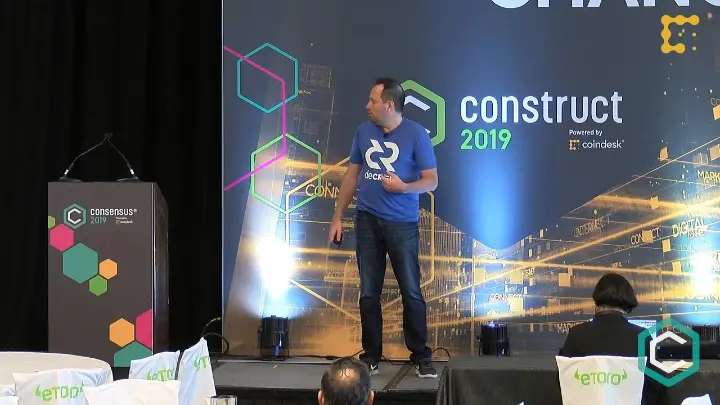
Complementing Jake’s expertise is the formidable presence of Chief Technology Officer (CTO) Marco Peereboom, a software engineering luminary with an impressive 25 years of industry knowledge under his belt. Marco’s deep-rooted understanding of software architecture and engineering principles has been pivotal in laying the foundation for Decred’s technical prowess.
4-Year Halving Cycles
In alignment with Bitcoin’s model, Decred experiences halving events approximately every four years. These events reduce the rate at which new coins are created, introducing a deflationary aspect to the economic model. The 4-year halving cycles create a predictable and diminishing supply, potentially contributing to long-term value appreciation and incentivizing scarcity.
95% Network Upgrade Consensus
Decred’s commitment to robust governance is evident in its requirement for a 95% supermajority consensus for network upgrades. This high threshold ensures that proposed changes have widespread support within the community before implementation, reducing the likelihood of contentious hard forks.
The emphasis on consensus fosters a more cohesive and united Decred community, minimizing the potential for divisive disagreements in the evolution of the project.
28 Days Staking Lockup Period
Staking DCR involves a lockup period of 28 days. During this time, staked coins cannot be moved, providing stability to the network by discouraging short-term speculative behavior. This intentional time frame reinforces the commitment to long-term investment strategies, promoting a healthier and more resilient ecosystem by reducing the impact of short-term market fluctuations.
Conclusion
Decred’s innovative features, governance model, and hybrid consensus mechanism make it a cryptocurrency project that stands out in the blockchain industry. By prioritizing decentralization, community involvement, and technological advancements, Decred continues to make strides in shaping the future of cryptocurrencies. While challenges such as adoption and market fluctuations persist, Decred’s dedication to its principles positions it as a project worth watching and supporting.
